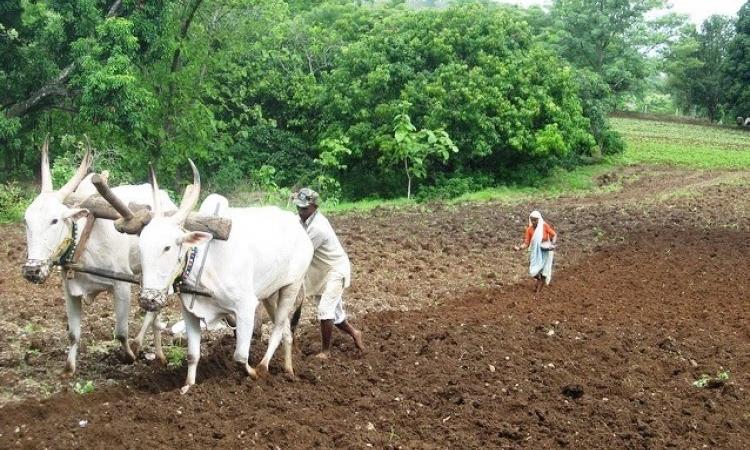
Government data shows decreasing suicide trend among farmers for the second consecutive year
According to government statistics, after peaking in 2015, farmer suicides have shown a decreasing trend for the second year in succession in 2017 in the six suicide-prone districts--Vidarbha’s Buldhana, Akola, Washim, Amravati, Yavatmal and Wardha. In 2015, there were 1,348 farmer suicides that were reported which came down to 1,235 suicides in 2016. This year till December 11, there has been 1,109 suicides. Also, all the districts have shown a dip in numbers, except Buldhana and Akola. While Buldhana has shown a jump from last year’s figure of 241 to 297 this year, Akola's numbers have also gone up from 115 last year to 162 this year.
Nitrogen pollution rampant across India, finds study
As per a 10-year-long intensive study by the Society for Conservation of Nature (SCN), India is under the grip of nitrogen pollution and agriculture is to be mainly blamed for it. For the first time, a comprehensive assessment of the environmental impact of nitrogen has been conducted in India, making it the third country after the US and the European Union to have assessed the impact of a nutrient. The assessment has revealed that the nitrates have even polluted the groundwater sources along with surface water. The nitrogen pollution has also affected the soil health, negatively impacting crop yield.
CWC finds no evidence of China diverting Siang's water
The Central Water Commission has found no evidence of China diverting the water of Siang river as the water levels of both Siang and Brahmaputra on the Indian side remain unchanged. The water samples of Siang river have also shown negative for toxic content and the river water is still fit for human consumption after proper filtering. However, the commission is yet to understand the cause of river water turning black and the presence of cement-like slag in the river. The samples of the black sediments collected from Siang river bed have been sent to the Central Soil and Materials Research Station for investigation.
Jharkhand suffers from empty forest syndrome: Experts
Despite increasing forest cover in the state in the past decade, the wildlife species, including the tiger and leopards, and birds such as the great spotted eagle appear to be diminishing in the forests of Jharkhand. Underlining the deterioration of forest ecosystem, the experts have termed this situation as 'empty forest syndrome'. Although forest officials blame the decline in the wildlife to the hunting culture in the tribal community, the experts say the syndrome has occurred due to mismanagement of sanctuaries, poaching, rampant mining and inadequate forest security system.
Mumbai's Powai lake turns sewage cesspool: Environment ministry
The environment ministry has informed the Lok Sabha that pollution levels in Powai lake is eight times higher than the permissible limit, thanks to industrial and domestic sewage entering the river. The level of biochemical oxygen demand (BOD) has reached 150 milligram per litre (mg/l) as against the standard 20mg/l. There are also reports of death of 20 black and white sharks in city's Sion pond. Locals have blamed immersion of idols and the dumping of plastic waste in the pond for the death of sharks.
This is a roundup of important news from December 13 - 19, 2017. Also, read the policy matters this week.